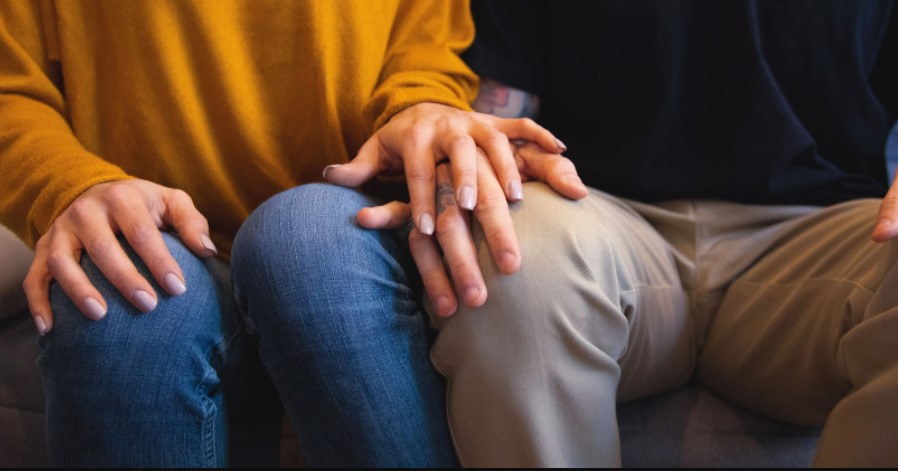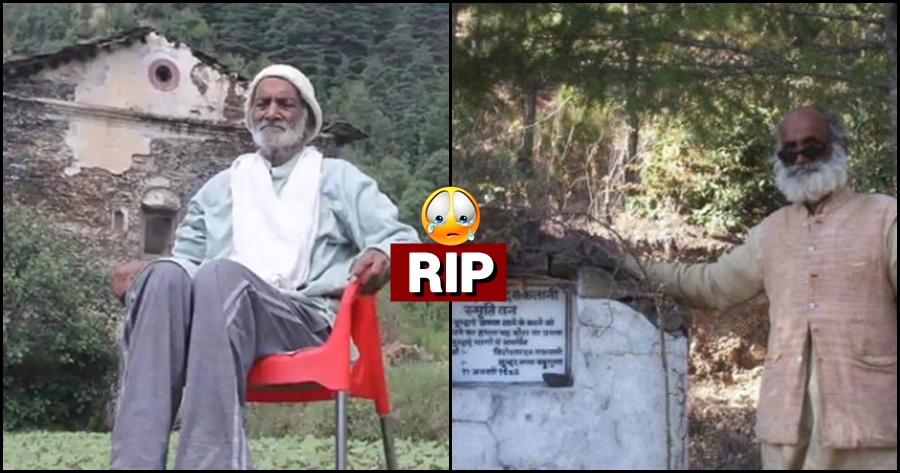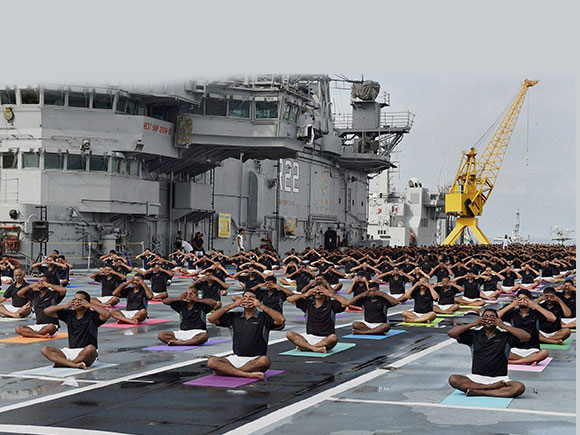Having physical relations with girls below 18 is seen as rape, read this Indian law
Rape is the fourth most common crime in India. The level of rape cases in the country is rising at an alarming rate. It is learnt that most of the rape cases were committed by someone known to the victim.
Not a long ago, the entire nation was shocked by the heinous rape and murder of the veterinary doctor in Hyderabad and after which, the 6-year-old girl was raped and strangled to death by her school belt in Rajasthan and then another shocking atrocity happened when a 9-year-old girl was raped and strangled to death.
Then a Hyderabad-like rape and murder incident took place at Kumarganj, South Dinajpur in West Bengal. Then again a 46-year-old Thailand woman was raped in Kerala by two men. It has been learnt that the Thai national visited India in order to meet her child in Kerala but she was raped. In Tamil Nadu, a 14-year-old girl was allegedly raped by her own father for over three months.

on 14 September 2020, a Dalit woman was gang-raped in Hathras district allegedly by four upper-caste men. After battling for her life for over two weeks, the 19-year-old woman passed away in a Delhi hospital.
Case in point, let’s revisit the Age of Consent in India
The 2013, Criminal Law Amendment Act amplified the age of consent from 16 years to 18 years which means that any sexual activity below the age of 18 years irrespective of their consent is seen as statutory rape according to section 375 of the Indian Penal Code.
As per Dr Vageshwari Deswal, Associate Professor, Faculty of Law, Delhi University, under the law it is strictly prohibited to indulge in any sexual activity with a child who is below the prescribed age of consent.
‘’Understanding the concept of ‘age of sexual consent’ requires us to dissociate it from age of marital consent. Many countries where extra-marital or pre-marital sex is expressly prohibited use these terms interchangeably. Indian laws are progressive enough to delink these two,’’ he added.
‘’Post the amendments to Juvenile Justice Act in 2015, a juvenile between 16 to 18 years of age, who is charged with the commission of a heinous crime may be tried and punished as an adult. If a child above 16 is capable of being punished that means the law has acknowledged the child’s rationality to take responsibility for one’s actions. Similarly, the 2013 amendments in Rape laws prescribe higher punishments where the rape victims are below sixteen years of age. This reinforces sixteen as the age of sexual maturity,’’ says Dr Deswal.
Meanwhile, some experts were of the perspective that if a child who is above 16 years is mature enough to be held responsible for ‘crimes’ then the child should also be mature enough to make decisions about his or her sexual behaviour. “Looking at NCRB data- fifty percent of POCSO cases are against children between sixteen to eighteen years of age.
A deeper analysis showed that most of the cases were of teenage romance rather than sexual abuse. Since POCSO criminalises all sexual activity with or among minors, several consensual acts have also led to unmindful prosecutions and convictions thereby exposing the Janus faced nature of this legislation,’’ Dr Deswal adds.








